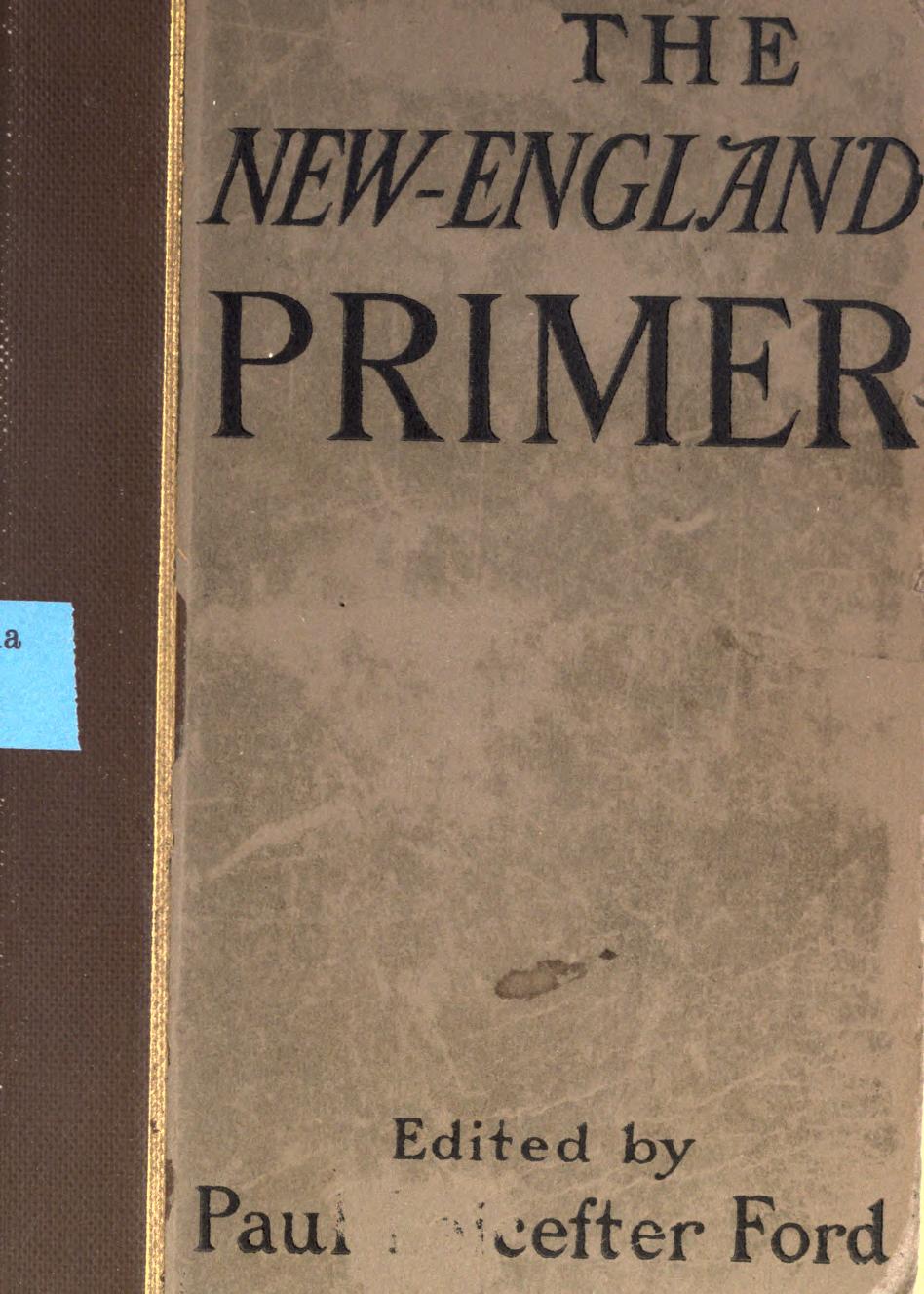
The New England Primer
References and Quotes
The three most influential books ever published in North America, setting aside the Bible and The New England Primer were all published in the years of the utopian transformation of America which gave us government schooling: Uncle Tom’s Cabin, or Life Among the Lowly (1852), a book which testifies to the ancient obsession of English-speaking elites with the salvation of the under-classes; Ben-Hur (1880), a book illustrating the Christian belief that Jews can eventually be made to see the light of reason and converted; and the last a pure utopia, Looking Backwards (1888), still in print more than one hundred years later, translated into thirty languages.1
In the crucial year which saw Darwin’s Descent of Man published, Maine’s spectacular Village Communities in the East and West showed the world the rough-hewn genius of the primitive Anglo-Saxon world. Maine reiterated his contention that stranger-adoption was among the critical discoveries which led to Anglo-Saxon greatness. This message fell on particularly fertile ground in a New England whose soil had been prepared for this exact message by centuries of reading The New England Primer, with its grim warning that children are only loaned to their parents.